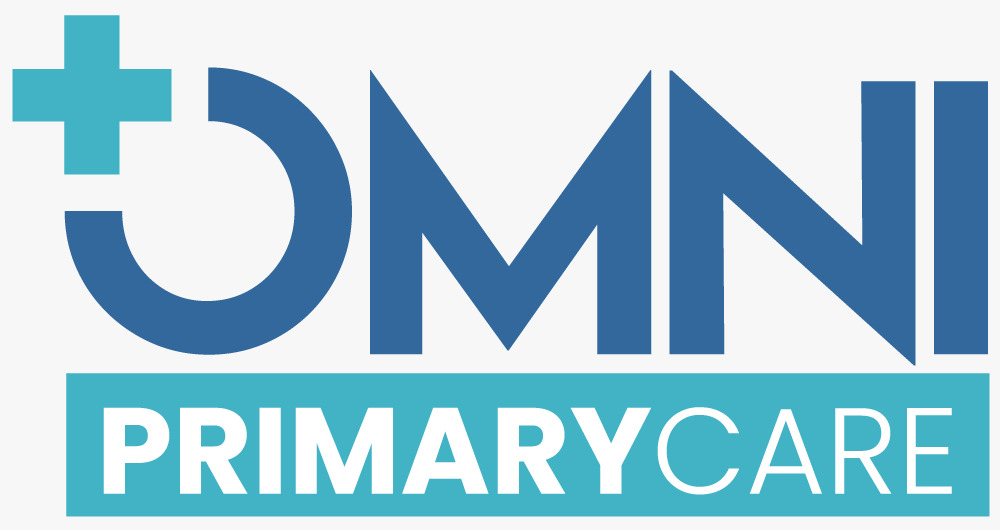



Postpartum depression is moderate to severe depression in a woman after she has given birth. It may occur soon after delivery or up to a year later. Most of the time, it occurs within the first 3 months after delivery.
Feelings of anxiety, irritation, tearfulness, and restlessness are common in the week or two after pregnancy. These feelings are often called the postpartum or "baby blues." They almost always go away soon, without the need for treatment.
Postpartum depression may occur when the baby blues DO NOT fade away or when signs of depression start 1 or more months after childbirth.
The symptoms of postpartum depression are the same as the symptoms of depression that occurs at other times in life. Along with a sad or depressed mood, you may have some of the following symptoms:
A mother with postpartum depression may also:
Medicine and talk therapy can often successfully reduce or eliminate symptoms.
Left untreated, postpartum depression can last for months or years.
The potential long-term complications are the same as in major depression. Untreated postpartum depression may put you at risk of harming yourself or your baby.
Call your provider if you have any of the following :
DO NOT be afraid to seek help right away if you feel overwhelmed and are afraid that you may hurt your baby.
Having good social support from family, friends, and coworkers may help reduce the seriousness of postpartum depression, but may not prevent it.
Women who had postpartum depression after past pregnancies may be less likely to develop postpartum depression again if they start taking antidepressant medicines after they deliver. Talk therapy may also be helpful in preventing depression.
Depression - postpartum; Postnatal depression; Postpartum psychological reactions